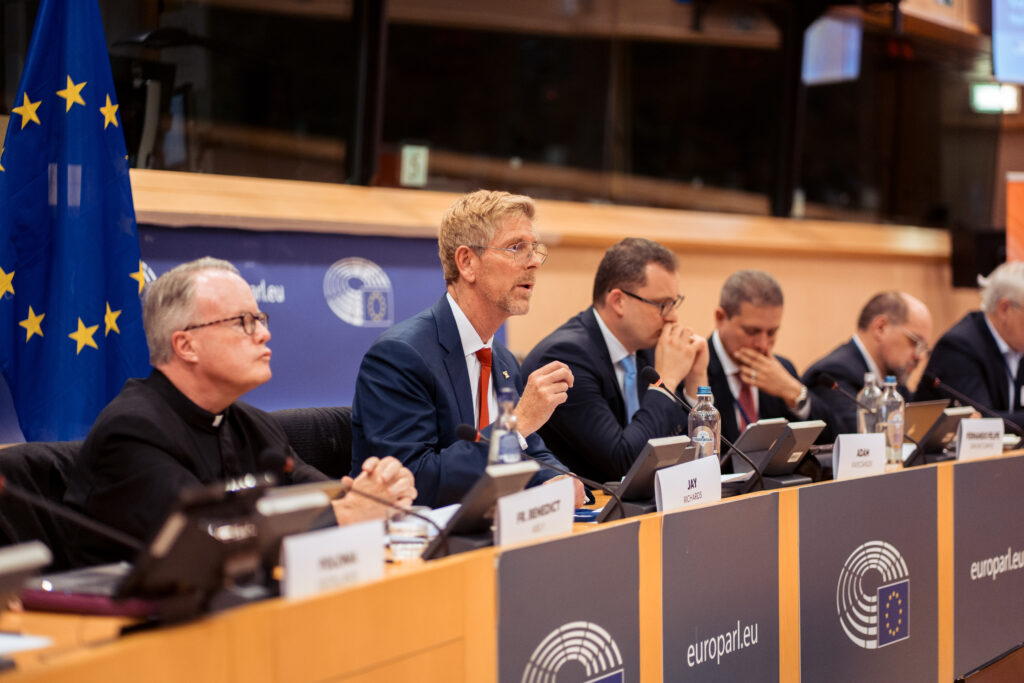In a comment piece entitled Climate Policy: Lessons from Tobacco Control, the medical journal The Lancet, Maria Nilsson, et al, point out the similarities between tobacco and climate change:
“In addition to causing huge damage to population health, both cause substantial adverse social, economic, equity, and gender effects. Both have long lead times between cause and effect, and both require long-term policies and monitoring systems. The number of countries implementing the policies effectively is far too low. Negative effects are increasing over time and will have greatest effects in low-income countries and poor populations. Both issues are influenced by strong vested interests; moreover, delaying tactics and the use of “junk science” by opponents of change have impeded effective policies.”
The authors also make the pointed observation that climate change is both deadly on a global scale and clearly a case of the richest countries in the world blowing a particularly dangerous smoke at the poorest:
“Climate change can be compared to passive smoking because those who generate the damage are not the same people as those who suffer (in the case of tobacco) or the same country (in the case of climate change); greenhouse gases are the largest externality the world has ever experienced.
And here, if we actually need it, is the article’s unassailable conclusion:
“The main lesson from tobacco for the Copenhagen conference is that delay in agreeing on international policy and poor implementation will cost countless lives. We must act now in the interests of future generations.”
Subscribe to our newsletter
Stay up to date with DeSmog news and alerts






